There are no rules. Follow them!
The answer to how long a bottle of wine should stay in the cooler before it’s ready is really that there are as many answers to that as there are wines in the world. It depends, but here are a few rules of thumb to help you along.
Sometimes when you buy a bottle meant for saving, meaning a wine that would do well if left for more than a couple of years, its storage potential may be listed in several ways.
When it says that the wine should be consumed within 10 years, you count from its year of harvest as a starting point. However, your wine merchant may say the same in which case he probably means from the time of purchase. It’s a good idea to clear away any potential confusion by simply asking what is meant by that. The best thing is when it’s clearly stated that the wine should be drunk between 2018 and 2025. No problem then. And yet …
Who says so?
As a starting point, the producers have an interest in you consuming the wine as fast as possible to increase the chance of you buying another bottle. That’s one of the reasons why many wine producers recommend that the wine be drunk within a couple of years.
Of course, it may simply be wines which are meant to be consumed at a young age. However, you might be in for many great and amusing surprises when you’re storing certain wines traditionally associated with quick consumption.
Aged (50+ years) champagne may taste divine and very different from its younger version. The same goes for the traditionally simple and fresh wines of Muscadet in Loire which may easily be stored for 20 years. There are lots of examples of wines like these which may surprise you when they’re left for long-term storage. Once again, your local wine merchant ought to be a good adviser here.
Tastes differ
Apart from the devout atmosphere and semi-nostalgic feelings that may arise when you uncork a bottle older than yourself, the question remains whether you like it at all.
Basically, you store wine because its flavour will develop into something that “people” consider better. And taste differs, as they say.
Some people hate old wine. They think it all tastes the same, and that the wine is lacking in fruit, juice and vitality. They may prefer drinking their wine at its youngest, even the great traditional wines for long-term storage from for example Bordeaux or Barolo. Hard tannic acid, great intensity and good acidity is excellent for especially winter dishes with lots of protein and fat.
Others think that it’s interesting to have a go at wines that are almost velvety and rich in mould while sensing the very presence of history in their glass.
And then there are the ones who like both things. Those who think it’s fun and educational to follow the development of a wine over time. So they buy a crate of 12 bottles and open one from time to time until the wine has matured perfectly.
Many factors
On top of taste differences between you and the ones recommending the storage time of a specific wine, there are the variables of your storing place. The warmer and the more temperature variations in your wine cellar, the sooner a wine will mature.
For example, if it says on a certain wine that it is to be drunk between 2018 and 2025, the consequence of a warm cellar will be that you shouldn’t wait until 2025. The reverse of the situation goes for a cold cellar.
It’s all about finding your own preferences, knowing your cellar and, not least, tasting your way through. Lastly, besides looking for racks for your wine cellar, you might want to explore our assortment of wine fridges if you’d like the optimal storage of your bottles.
So, get started on a trial-and-error basis.
Happy exploring.
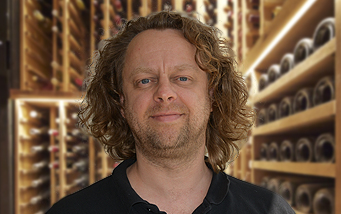
Michael Kahr Jørgensen
Sommelier
















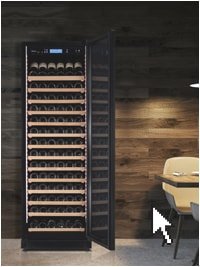
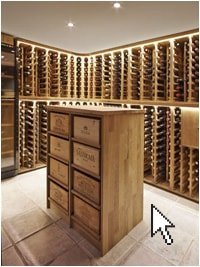
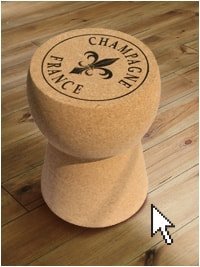
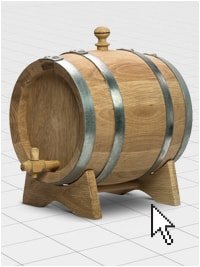
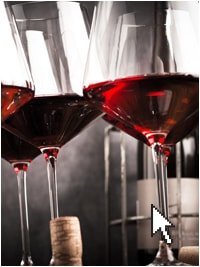
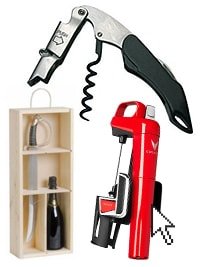
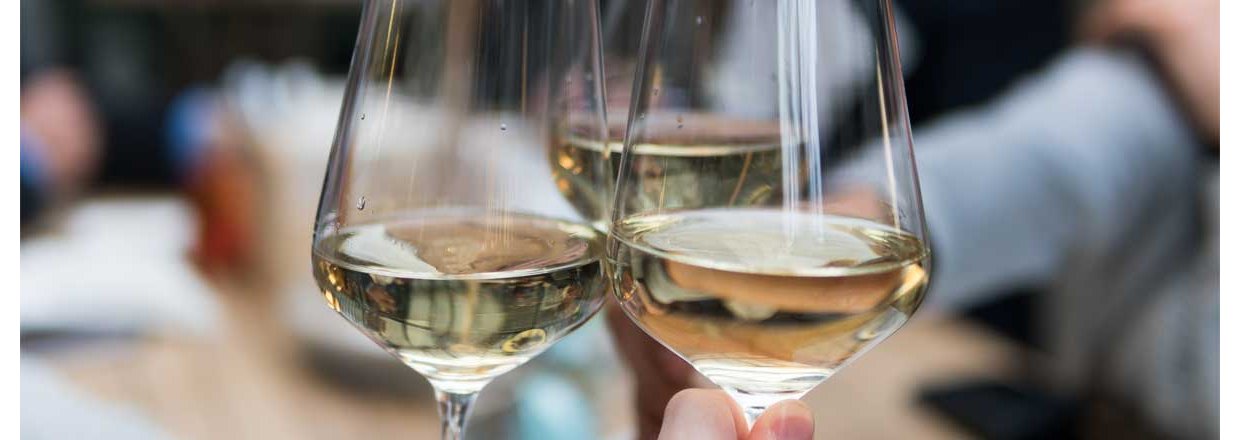










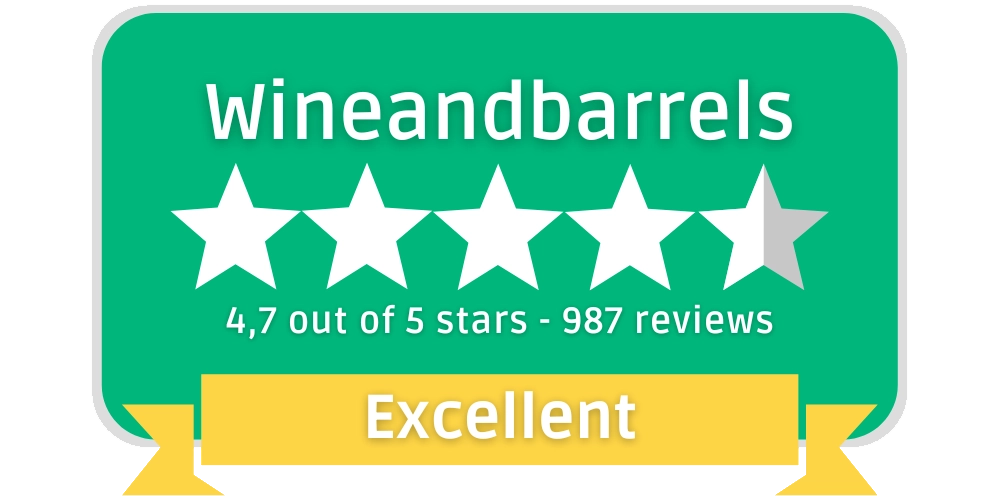






We will publicly show your name and comment on this website. Your email is to ensure that the author of this post can get back to you. We promise to keep your data safe and secure.